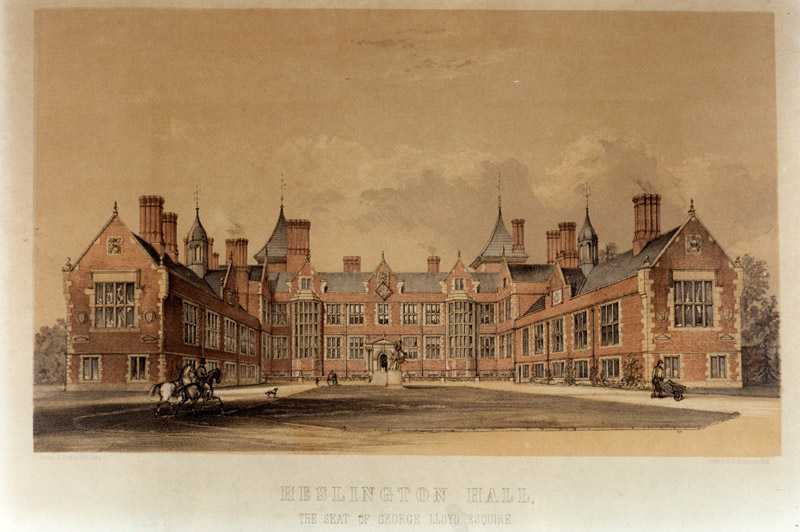
Linear algebra is a branch of mathematics that deals with linear equations, linear transformations, and vector spaces. It plays an important role in various fields, including physics, engineering, computer science, and economics.
At its core, linear algebra studies the properties of linear equations and linear systems of equations, which are equations that can be expressed in the form Ax = b, where A is a matrix, x is a vector, and b is a constant vector. Linear algebra also deals with the concept of linear transformations, which are functions that map vectors to other vectors in a linear fashion.
Some of the key topics in linear algebra include:
- Vector spaces and subspaces
- Linear independence and basis vectors
- Linear transformations and matrices
- Eigenvalues and eigenvectors
- Inner products and orthogonality
- Determinants
Linear algebra has many applications, including:
- Solving systems of linear equations
- Image and signal processing
- Computer graphics
- Machine learning and data analysis
- Optimization problems
Some of the most widely used textbooks on linear algebra include:
- “Linear Algebra and Its Applications” by Gilbert Strang
- “Introduction to Linear Algebra” by Serge Lang
- “Matrix Analysis and Applied Linear Algebra” by Carl Meyer
- “Linear Algebra Done Right” by Sheldon Axler
- “Linear Algebra: A Modern Introduction” by David Poole
Overall, linear algebra is a foundational area of mathematics that has many practical applications across a wide range of fields.
Reference:
- Strang, G. (2006). Linear algebra and its applications. Cengage Learning.
- Lang, S. (1987). Introduction to linear algebra. Springer.
- Meyer, C. D. (2000). Matrix analysis and applied linear algebra (Vol. 1). Society for Industrial and Applied Mathematics.
- Axler, S. (2015). Linear algebra done right. Springer.
- Poole, D. (2010). Linear algebra: a modern introduction. Cengage Learning.









